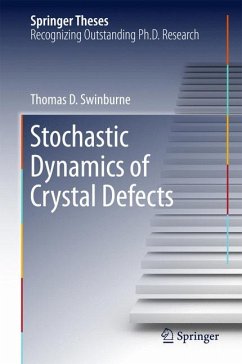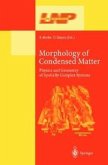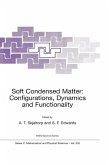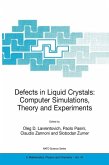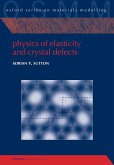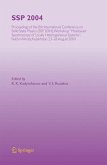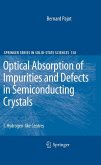This thesis is concerned with establishing a rigorous, modern theory of the stochastic and dissipative forces on crystal defects, which remain poorly understood despite their importance in any temperature dependent micro-structural process such as the ductile to brittle transition or irradiation damage. The author first uses novel molecular dynamics simulations to parameterise an efficient, stochastic and discrete dislocation model that allows access to experimental time and length scales. Simulated trajectories are in excellent agreement with experiment. The author also applies modern methods of multiscale analysis to extract novel bounds on the transport properties of these many body systems. Despite their successes in coarse graining, existing theories are found unable to explain stochastic defect dynamics. To resolve this, the author defines crystal defects through projection operators, without any recourse to elasticity. By rigorous dimensional reduction, explicit analytical forms are derived for the stochastic forces acting on crystal defects, allowing new quantitative insight into the role of thermal fluctuations in crystal plasticity.
Dieser Download kann aus rechtlichen Gründen nur mit Rechnungsadresse in A, B, BG, CY, CZ, D, DK, EW, E, FIN, F, GR, HR, H, IRL, I, LT, L, LR, M, NL, PL, P, R, S, SLO, SK ausgeliefert werden.

